General ideas are no proof of the strength, but rather of the insufficiency of the human intellect
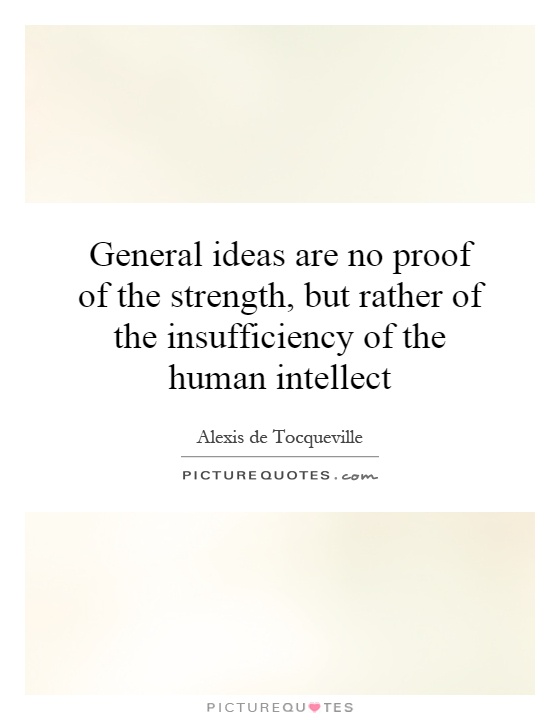
General ideas are no proof of the strength, but rather of the insufficiency of the human intellect
Alexis de Tocqueville, a prominent French political thinker and historian, is best known for his work "Democracy in America," in which he explores the strengths and weaknesses of democracy in the United States. Tocqueville was a keen observer of human nature and society, and his insights into the workings of the human intellect are particularly relevant in the context of the quote, "General ideas are no proof of the strength, but rather of the insufficiency of the human intellect."Tocqueville believed that the human intellect is limited in its ability to grasp complex ideas and concepts. He argued that general ideas, while useful in providing a framework for understanding the world, are often oversimplified and fail to capture the nuances and complexities of reality. In his view, the human intellect is prone to error and bias, and is easily swayed by emotions and prejudices.
Tocqueville's skepticism of the human intellect is reflected in his analysis of democracy in America. He observed that the democratic system, while promoting equality and individual freedom, also had the potential to lead to tyranny of the majority and the erosion of individual liberties. Tocqueville believed that the human intellect was ill-equipped to navigate the complexities of democratic governance, and that without a strong moral and intellectual foundation, democracy could degenerate into mob rule.
In Tocqueville's view, the strength of the human intellect lies not in its ability to generate general ideas, but in its capacity for critical thinking and self-reflection. He believed that true intellectual strength comes from a willingness to question assumptions, challenge conventional wisdom, and engage in rigorous debate and inquiry. Tocqueville's own work is a testament to the power of critical thinking and intellectual curiosity, as he sought to understand the complexities of human society and politics through careful observation and analysis.

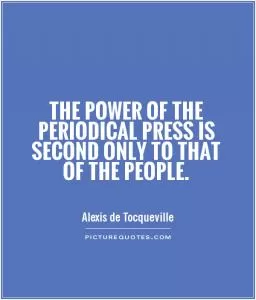



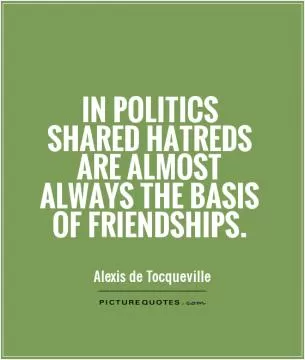
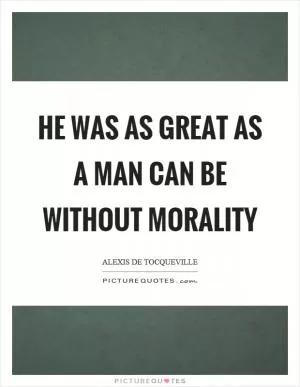

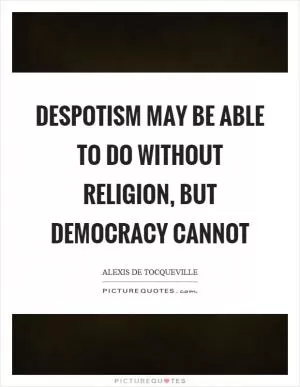


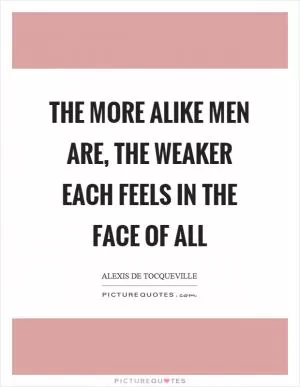
 Friendship Quotes
Friendship Quotes Love Quotes
Love Quotes Life Quotes
Life Quotes Funny Quotes
Funny Quotes Motivational Quotes
Motivational Quotes Inspirational Quotes
Inspirational Quotes